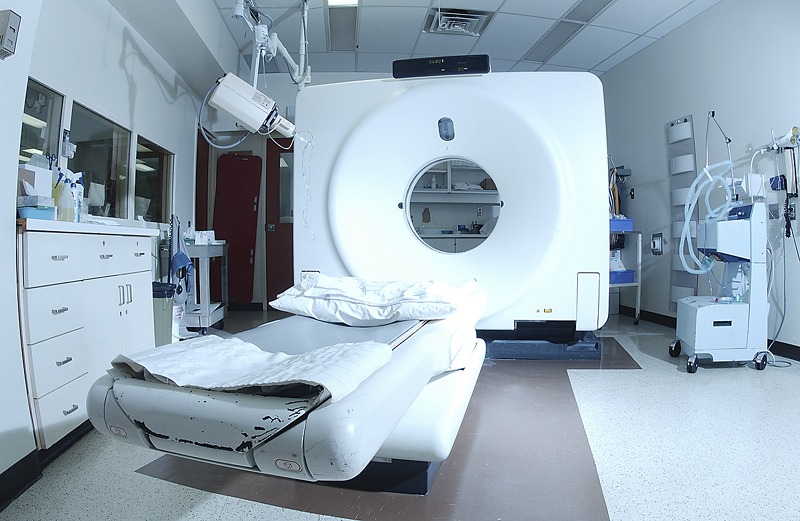
WEDNESDAY, March 7 (HealthDay News) — New research suggests that pregnancy may decrease women’s risk of developing multiple sclerosis.
“Even one pregnancy was associated with nearly a halving of risk [of developing MS symptoms],” said study author Anne-Louise Ponsonby, head of the environmental and genetic epidemiology and research group at Murdoch Children’s Research Institute in Melbourne, Australia. The team also found that women who were pregnant two or more times had only one-quarter of the risk of developing MS symptoms as those who were never pregnant.
The study was published online March 7 in the journal Neurology.
Previous research has found that pregnancy in women who already have MS — an autoimmune disorder — is linked with lower rates of relapse.
Ponsonby’s team found an association between pregnancy and a lower risk of MS symptoms, not a direct cause-and-effect link. They say, however, that this association may help explain why the incidence of MS in women has inched up over the past few decades, as more women delay pregnancy or have fewer babies or none at all.
The researchers evaluated information on 282 Australian men and women, aged 18 to 59, who had MS symptoms — which can include fatigue, numbness, balance or walking problems — but had not been diagnosed with the disease. The researchers looked at both the number of live births and pregnancies lasting at least 20 weeks in the women. They also recorded the number of children born to men. They compared those statistics to 542 men and women without MS symptoms.
No link was found between the number of children men had and their risk of MS symptoms. There was an association with women, however: the risk of developing MS symptoms decreased as the number of pregnancies increased.
The researchers couldn’t say exactly why pregnancy may lower MS risk, but they speculated it could be the increase in estrogen during pregnancy or the effect pregnancy has on inflammatory genes involved in MS.
The study was funded by the National Multiple Sclerosis Society and other organizations.
Women are more likely than men to develop MS. Having a close relative with MS also increases your risk. About 400,000 people in the United States have MS, according to the National Multiple Sclerosis Society.
The new data supports information already known about MS and pregnancy, said Karen Blitz-Shabbir, director of the Multiple Sclerosis Care Center at North Shore-Long Island Jewish Health System in Manhasset, N.Y.
“It is generally accepted that pregnancy is ‘protective’ in that it reduces the relapse rate during pregnancy,” Blitz-Shabbir said. “While these study results should be replicated, it again shows us favorable effects of pregnancy in women. This may help us frame future studies looking into hormonal treatment or other treatments that may alter the disease course.”
More information
To learn more about multiple sclerosis visit the National Multiple Sclerosis Society.

